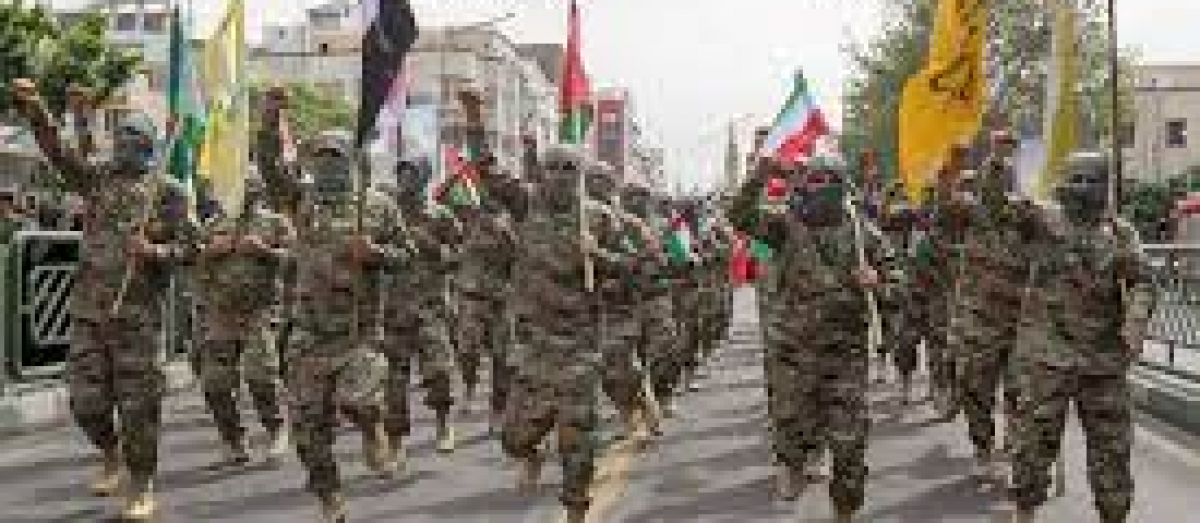

As tensions escalate in the Middle East, the role of Yemen’s Houthi rebels is becoming more prominent and concerning on the international stage. In a development that has drawn attention worldwide, for the first time, the Houthi rebels openly claimed responsibility for missile and drone attacks directed at Israel. This marks a significant and alarming expansion of the ongoing conflict that has predominantly been between Israel and Hamas in the Gaza Strip. With the Houthis entering the fray, the intricate web of alliances and enmities in the region becomes even more complex.
In an earlier incident this month, the Houthi rebels were suspected of launching missiles and drones across the critical maritime conduit of the Red Sea. This assault was thwarted by the U.S. Navy, which intercepted the projectiles. However, the latest attacks were met by Israel’s formidable defense capabilities, with fighter jets and the innovative Arrow missile defense system successfully neutralizing the threat near Eilat, Israel’s southernmost Red Sea port.
The Houthi’s public admission of orchestrating three assaults against Israel reflects a bold and defiant stance. Yet, details remain scarce as the Houthis did not provide specifics on when these attacks took place, leaving observers to question whether the incidents on Tuesday were isolated or part of the trio of operations they mentioned.
This revelation comes on the heels of a mysterious explosion in the Egyptian resort town of Taba, in close proximity to the Israeli border. While the explosion, which injured six individuals, remains unexplained by Egyptian authorities, the incident contributes to the growing sense of instability and unpredictability in the region.
Who Are the Houthi Rebels?
The Houthi rebels, also known as Ansar Allah, have become a prominent force in Yemen since their capture of the capital, Sanaa, in 2014. This group emerged from the northern Zaidi Shia Muslim minority and has been engaged in an extended conflict that has devastated Yemen, leading to a massive humanitarian crisis.
The Houthi-Iran Connection
Iran’s relationship with the Houthi rebels is an aspect of Middle Eastern geopolitics that cannot be overlooked. Iran has been repeatedly accused by various nations and international bodies of providing military assistance to the Houthis, which includes arms, training, and financial support. The ideological and religious links between the Houthis and the Shia government of Iran add a sectarian dimension to their affiliation. The Houthis’ use of missile and drone technology similar to that of Iran suggests a transfer of military technology and strategic coordination, although the extent of direct involvement is often debated.
Iran’s support of the Houthi rebels is part of a broader strategy to expand its influence across the Middle East, often through local proxy groups. This strategy creates a continuous thread of tension and conflict that poses a significant challenge to regional stability and the interests of other nations, including the United States and its allies.
The presence of the Houthi rebels in the ongoing Israel-Hamas conflict and their connection to Iran signifies a possible escalation into a wider regional confrontation. It is crucial for international observers, policymakers, and peace advocates to closely monitor these developments and work diligently to prevent a further exacerbation of violence that could lead to a larger-scale regional war.



